Sowing In Gaza
By Flora Nicoletta
10 May, 2010
Uruknet.info
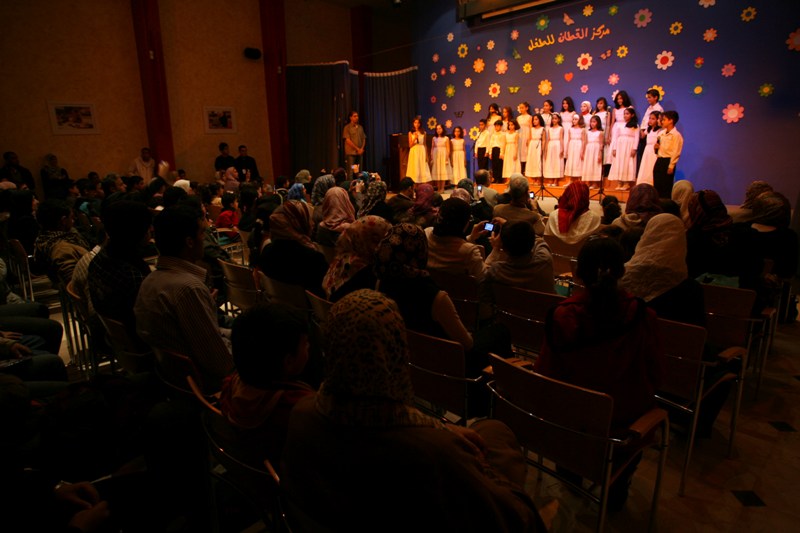
"Resist. Refuse to accept that this is the best there is. Dream, often, in order to remain sane. Imagine another, sweeter way. Cling to life passionately and uncompromisingly. That is all. But it is much." "Why go on?" by Omar El-Qattan, Trustee, Annual Report 2008-2009, A.M. Qattan Foundation, p. 2.
Under the great siege, in the little Gaza Strip, occupied, oppressed, martyred, there are indeed many islands of bravery and resistance which compose the grand citadel of steadfastness. One of the islands is the Qattan Centre for the Child. It is the most modern, handsome, elegant, competent, efficient, tasteful institution in Gaza, according to the many. It is like a lighthouse.
The center is situated in Wahda St, no. 128/2150, opposite and in between the Yarmouk stadium and the municipal library of Gaza City. It occupies an area of three dunums (one dunum is equal to 1.000 m2). The land was donated by the Municipality of Gaza City to the A.M. Qattan Foundation.
The construction started some time before the second Intifada started at the end of September 2000. The Palestinian Company Dour based in Jerusalem made the plans. Due to the closure, the lack of construction material and furniture it took five years to complete the Centre which was opened in September 2005.
Girls and boys from tender age till 15 take part in a large range of activities. During the academic year an average of 150 children are coming daily to the Centre; during the summer vacation around 800 children are coming daily.
In addition to several units, the different clubs include: 1) the Dabka Club, the traditional Palestinian dance; 2) the Chorale Club; 3) the Drama Club; 4) the Electronic Writers Club where the children have their own blogs and chat on the net with their foreign peers; 5) the Reading Club; 6) the Little Painters Club; 7) The Website Designers Club; 8) The Programmers Club. Further, will be soon added the Little Scientists Club. Moreover, the Qattan's children are well-known for their modern dance performances.
All activities are free. For some courses lasting for one or two weeks only a symbolic and minuscule coin of one shekel is required to encourage the children to attend.
Outside the compound is painted in blue and ochre. There is a terrace in front of the cafeteria and in a corner a drinking water tank donated by Save the Children UK. One cascade completes the decoration with another one in its back that is located in the street.
Just inside the building, on the right hand, there is a public phone and at that point one is already in Wonderland. The place is like a cathedral, very long and very high. Ultra-modern, it is decorated in pastel shades. To describe its beauty is an impossible task.
The gallery is a replica of a street of Jerusalem Old City which is long, arched and lined with shops on both sides. Here the shops are replaced by a range of open sections, including a waiting area for the parents whose children are very small and where they can enjoy a library for adults. In the gallery a sign reads: "Early Childhood and Parents, Under 6 years"; another one reads "Middle Years 7/11 years" and the third, "Young Adults 12/15 years". The daylight enters from morning till evening through large openings in the walls and in the ceiling.
Every small detail, every colour, every child's need has been carefully studied here. An exhibition of handicrafts, a large aquarium, an internal small yard with the shape of half an amphitheater are located in the gallery before the administrative offices and the blue and yellow kitchen. The gallery ends in the garden bordering the municipal park.
In another part of the Centre the floor of a room is covered with traditional light mustard tiles Gazan-style. Even the toilet facilities are beautiful with floor and wall tiles of various shades of green. The sinks are surrounded by marble. A special WC is reserved for the disabled.
The big monitor which was used for announcements is out of work. It has not survived the incessant power cuts. Due to the total blockade imposed on the Gaza Strip there is no way to replace it. For the same reason, since four years no new books from abroad have enriched the library. However, some books have been brought by international visitors and others have been bought on the local market. It is worth mentioning that the library remains open even on Saturday, although it is a day off for the staff.
Marvelous paintings reveal astonishing talented children. In a series on silk are portrayed big butterflies, birds, fish, flowers, ducks, scenes of pastoral life... On the opposite wall at the reception a series of masterpieces done by children aged 12/15: a girl flying in the sky over roofs; a young lady standing near a horse; an old couple sitting in a tent; a man sitting behind bars in a cave with a mass of light outside; an ancient street; old buildings; ramparts; in two paintings, the occupation cement slabs used for the Apartheid Walls; and last but not least one of the children is already a small Picasso.
The director of the Centre is Ms Reem Abu Jaber. The staff numbers 33 in total. All are young, polite, charming, smiling, in the best Palestinian style. The A.M. Qattan Foundation is based in London. It has been founded by Abdel Mushin El-Qattan who chairs it. On the cover of the annual report 2008-2009 it is written: "Serving Culture and Education in Palestine and the Arab World". The Foundation runs several projects in Palestine, including three in Gaza City: in addition to the Qattan Centre for the Child, the Qattan Centre for Educational Research and Development and the Gaza Music School Project*.
Today 81, Abdel Muhsin El-Qattan was born in Jaffa, Palestine, and left his homeland at the age of 17. For the last ten years the venerable man who is a philanthropic couldn't obtain permission from the occupation authorities to visit Gaza and see the fruits of his efforts, generosity and patriotism. The last time he came to the Strip was when the cornerstone was laid for the Qattan Center for the Child, just before the Intifada El-Aqsa. Since then Mr El-Qattan has seen his creature only on photographs.
Finally, after a decade, the chairman of the Foundation has put his feet on Gaza soil in early afternoon on Sunday 2 May, coming through the Rafah crossing at the border with Egypt.
Abdel Muhsin El-Qattan is tall, a little bit curved and walks slowly. On the first evening of his 3-day visit he was in the Centre for the Child and toured it. He didn't give a speech. To the people surrounding him he commented: "Education is the most important thing. Why I'm the only one to do that? Others have different goals... To do this alone is unsustainable."
I was told by the staff of the Centre for the Child that Mr Abdel Muhsin El-Qattan refuses interviews because he doesn't want to be in the spotlights. He considers that what he is doing for his people is normal and others Palestinians should do the same. Wealthy Palestinians helping their fellow countrymen should be the norm, not the exception. There are plenty of rich Palestinians. For living we need just a small amount of money. What one does with all his great wealth? All the Palestinian people should benefit from it, according to Mr El-Qattan quoted by his local staff.
On Tuesday evening, on the eve of his departure, Mr El-Qattan returned to the Center for the Child. Again he delivered no speech during the farewell party. The gentle benefactor confirmed to me that he refuses to give interviews because he doesn't like propaganda and doesn't want to trumpet what he is doing. However, he was ready to answer any specific questions.
It is not something we are used to see and hear very often here and elsewhere, commented Radwan. The father of two boys who have become Qattan's children, Radwan suggests to give the Palestinian Nobel Price to Mr El-Qattan: "Many Palestinians should learn from Abdel Muhsin El-Qattan. Moreover, we don't need in Gaza Bush and Blair for building our institutions, as you can see by yourself, and we don't need international advisors and trainers."
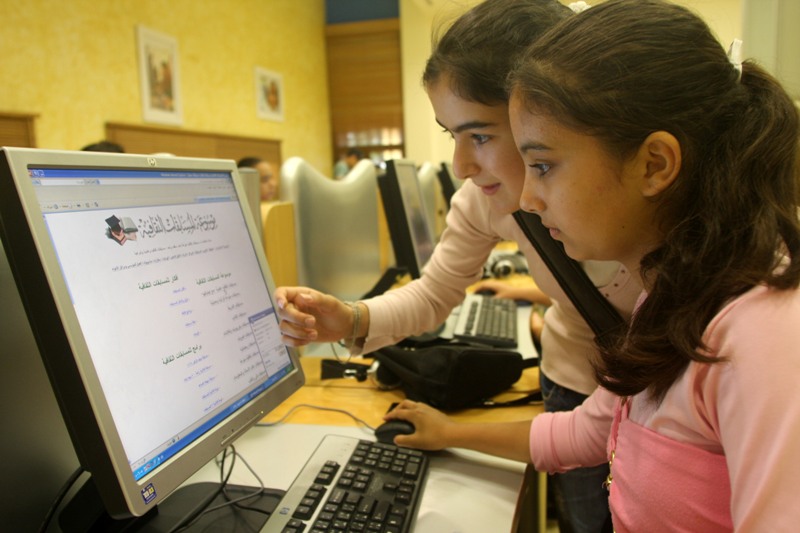
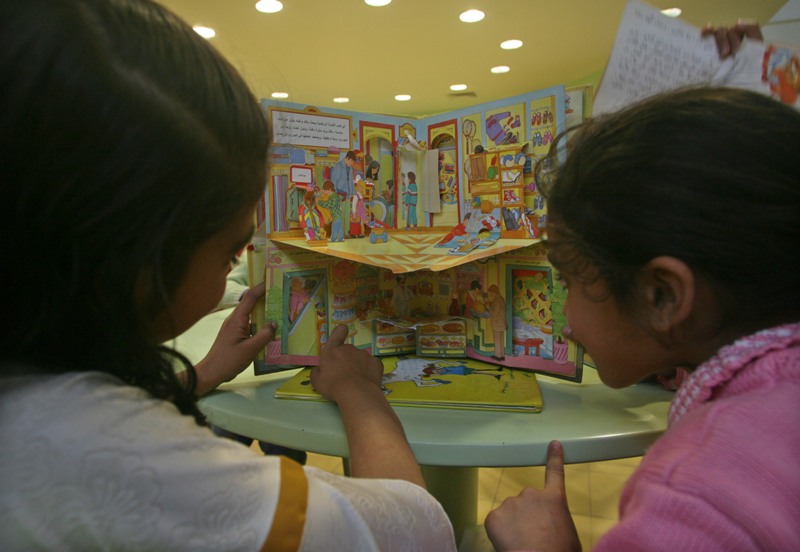
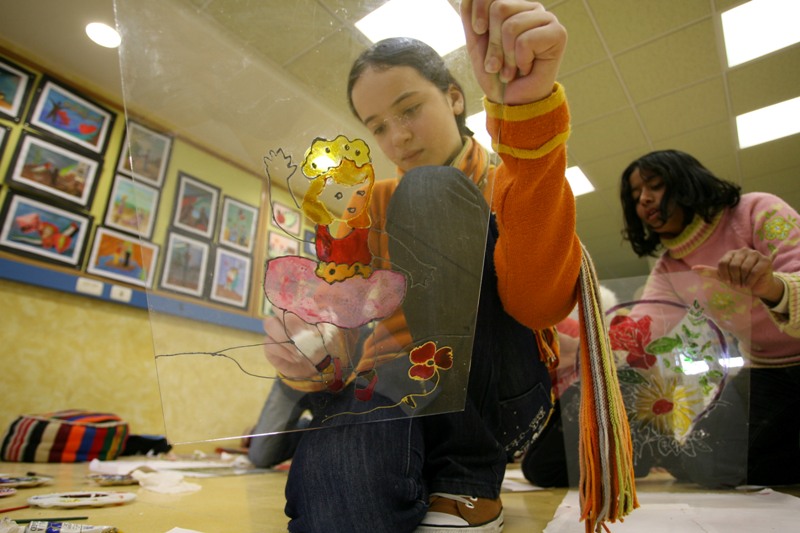
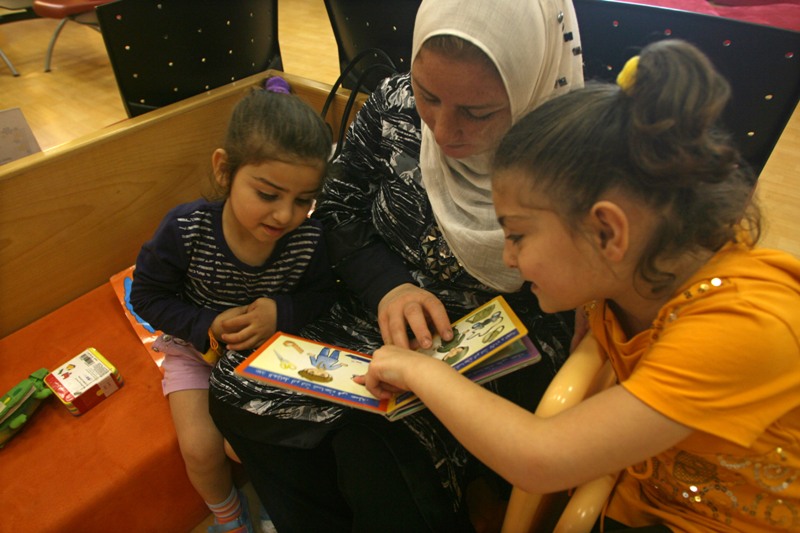
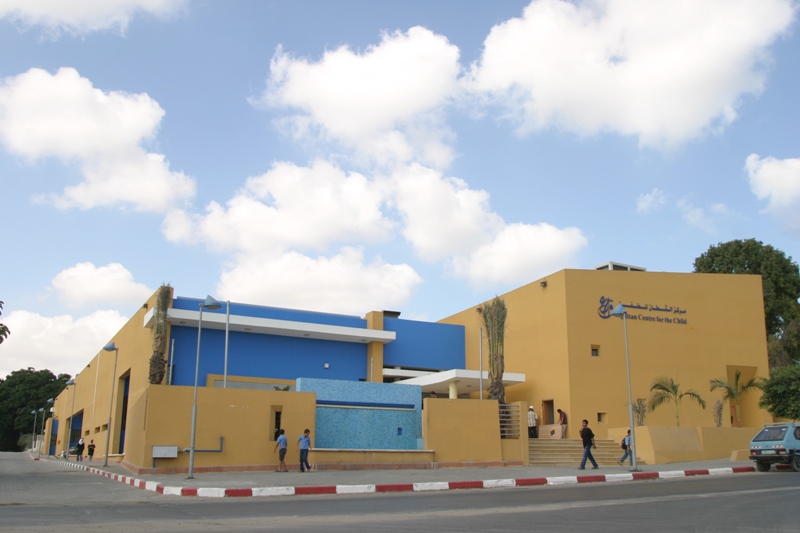
- Flora Nicoletta is an independent French journalist who lives in Gaza. She is currently working on her fourth book on the Palestinian question.

